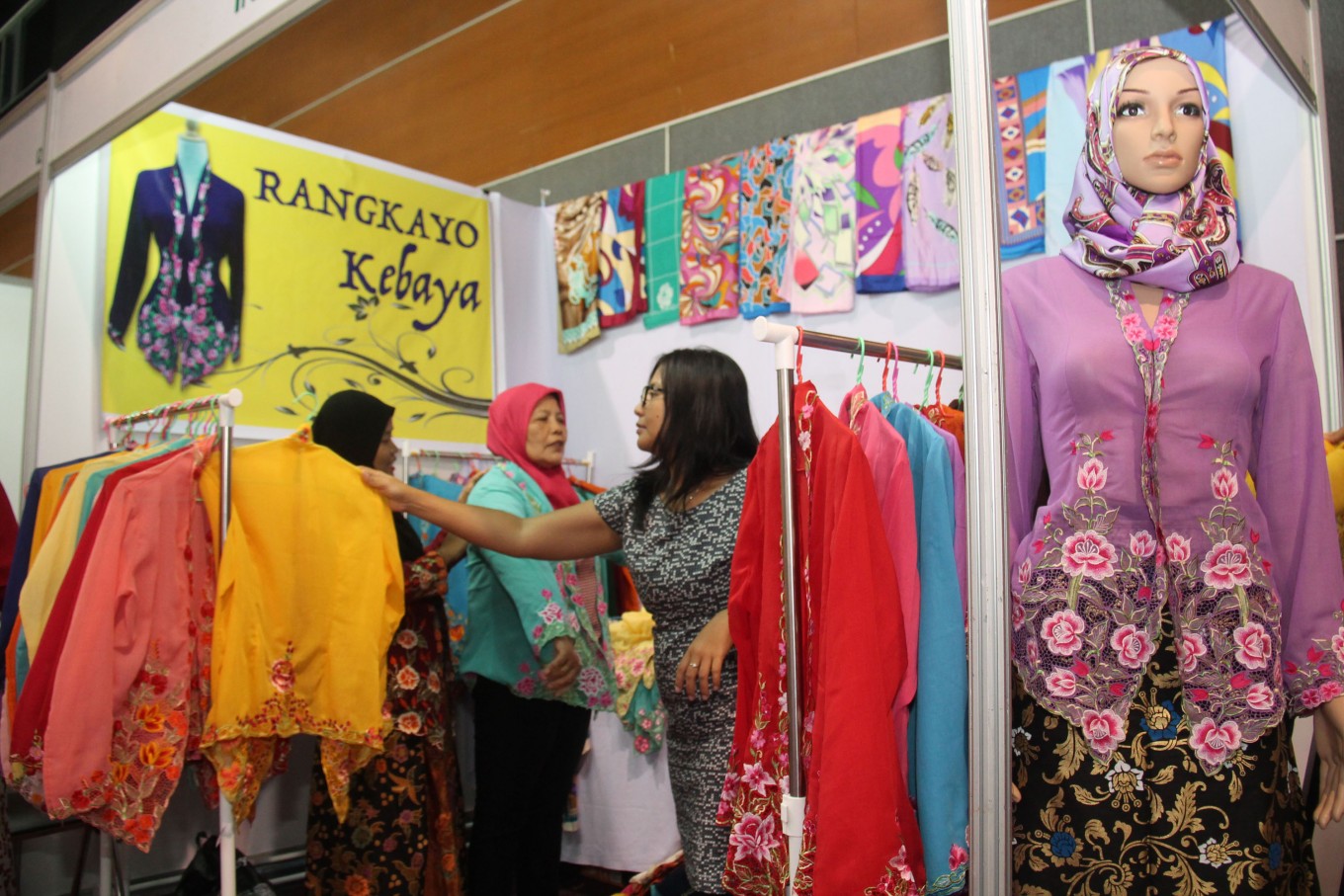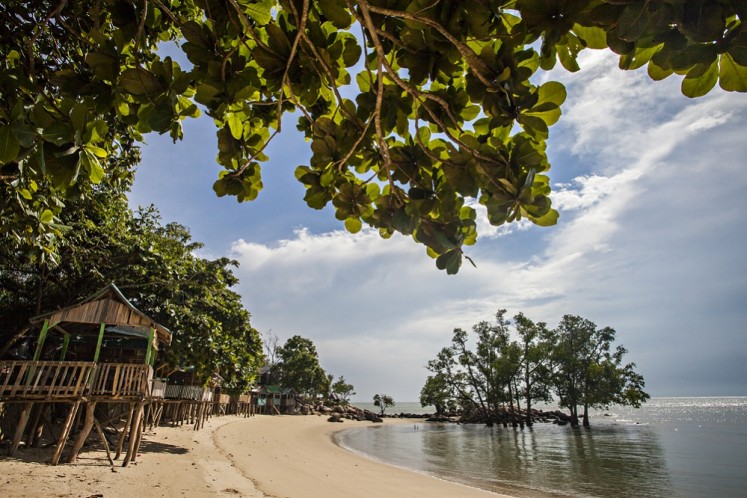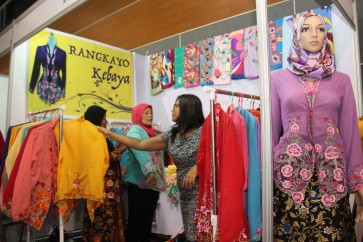Popular Reads
Top Results
Can't find what you're looking for?
View all search resultsPopular Reads
Top Results
Can't find what you're looking for?
View all search resultsRI halal industry lags despite having world's largest Muslim population
The halal sector featured prominently last Friday in the live-streamed vice presidential debate on economic affairs.
Change text size
Gift Premium Articles
to Anyone
I
ndonesia, which is by far the largest Muslim economy in the world, has seen its halal industry lag compared with its peers, with the country acting more as a market for halal products from other countries rather than producing and exporting its own.
The halal sector featured prominently last Friday in the live-streamed vice presidential debate on economic affairs.
It began when Gibran Rakabuming Raka, running mate of Prabowo Subianto, asked a question of Muhaimin Iskandar, running mate of Anies Baswedan, regarding what the country could do to improve its position in the State of Global Islamic Economy (SGIE) ranking.
Muhaimin, who also chairs the National Awakening Party (PKB), initially responded that he was unfamiliar with the term and Gibran explained it was a metric that measures how well each country develops halal products, such as food, cosmetics and modest fashion.
DinarStandard, the research and advisory firm producing the SGIE report, also cites other categories such as pharmaceuticals and sharia financing.
According to the report published in August 2022, Indonesia ranked fourth in the list last year, whereas its close neighbor Malaysia ranked first, followed by Saudi Arabia and the United Arab Emirates.
Read also: Stop viewing world through halal-haram lens, says Kadin chief


















